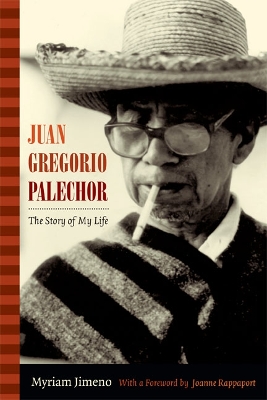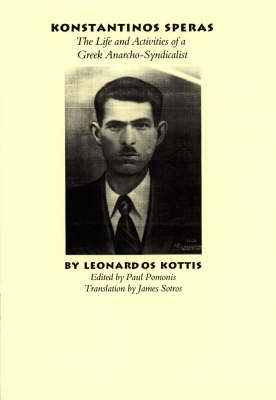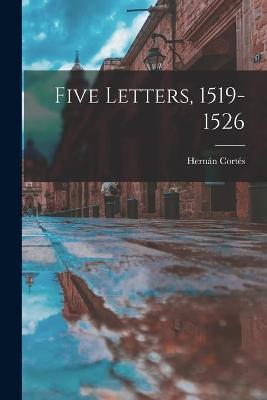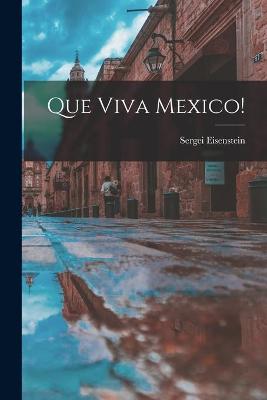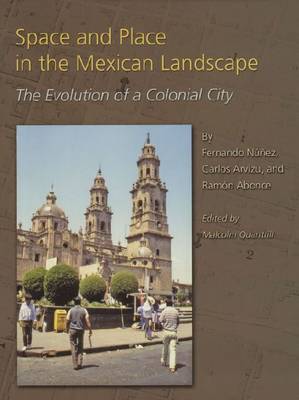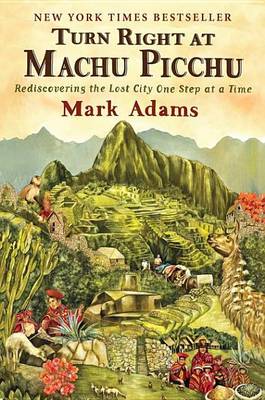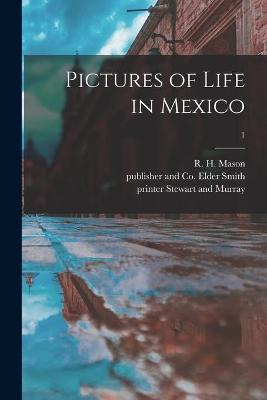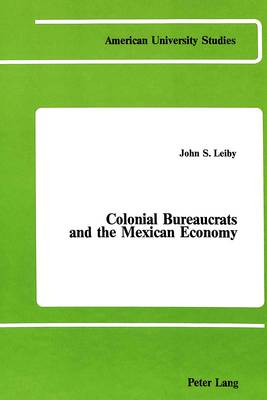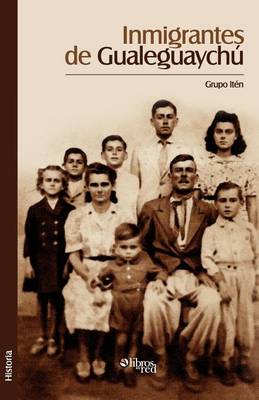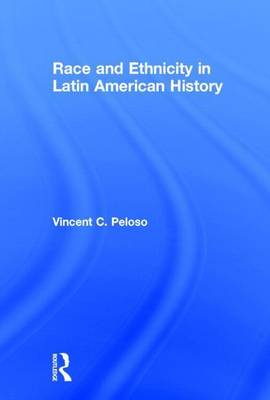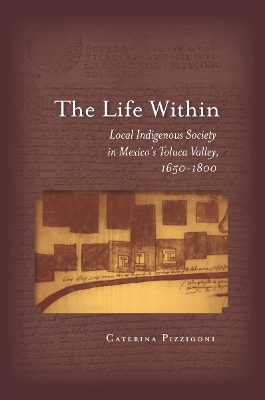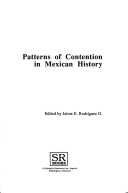The Colombian activist Juan Gregorio Palechor (1923-1992) dedicated his life to championing indigenous rights in Cauca, a department in the southwest of Colombia, where he helped found the Regional Indigenous Council of Cauca. Recounting his life story in collaboration with the Colombian anthropologist Myriam Jimeno, Palechor traces his political awakening, his experiences in national politics, the disillusionment that resulted, and his turn to a more radical activism aimed at confronting ethnic...
Few people in Britain had heard much about the Falkland Islands before the Argentine invasion of 1982. Since then they have rarely been out of the headlines, and the story of the recapture of the islands by British forces is one that has been told many times. Yet, surprisingly, there are still some elements of that memorable conflict that remain largely unknown - not least among which is the uniforms and equipment that were used. In this highly-illustrated publication, soldier-historian Mark Ma...
Space and Place in the Mexican Landscape
by Fernando Nunez, Carlos Arvizu, and Ramon Abonce
Metaphysical conceptions have always influenced how human societies create the built environment. Mexico - with its rich culture, full of symbol and myth, its beautiful cities, and its evocative ruins - is an excellent place to study the interplay of influences on space and place. In this volume, the authors consider the ideas and views that give the constructed spaces and buildings of Mexico - especially, of Queretaro - their particular ambience. They explore the ways the built world helps peop...
THE NEW YORK TIMES BESTSELLING TRAVEL MEMOIR What happens when an unadventurous adventure writer tries to re-create the original expedition to Machu Picchu? In 1911, Hiram Bingham III climbed into the Andes Mountains of Peru and “discovered” Machu Picchu. While history has recast Bingham as a villain who stole both priceless artifacts and credit for finding the great archeological site, Mark Adams set out to retrace the explorer’s perilous path in search of the truth—except he’d written about...
Colonial Bureaucrats and the Mexican Economy (American University Studies, Series 9: History, #13)
by John S Leiby
The Life Within provides a social and cultural history of the indigenous people of a region of central Mexico in the later colonial period-as told through documents in Nahuatl and Spanish. It views the indigenous world from the inside out, focusing first on the household-buildings, lots, household saints-and expanding outward toward the householders and the greater community. The internal focus of this book provides a comprehensive picture of indigenous society, exploring the categories by which...
This collection of English and Spanish articles brings together the latest scholarship on Mexican unrest by researchers in both the United States and Mexico. The contributors use the economic, social and cultural situations in Mexico throughout its history to explain the varied and complex nature of rebellions and other upheavals. The essays are organised in three sections: part one, "The Colonial Era", includes articles interpreting rebellions of the 17th and 18th centuries as sophisticated att...
Austrias Mayores y La Culminacion del Imperio T 8
by Ana Diaz Medina and Manuel Fernandez Alvarez
The Education of Henry Adams (Modern Library) (Modern Library 100 Best Nonfiction Books)
by Henry Adams
Adams was a historian, an intellectual born into the fourth generation of a family of distinguished politicians, diplomats and statesmen that included two presidents of the United States. His "Education" is thus steeped in history, that of his family and of the American politics, culture and identity they helped to shape. At the same time he elaborates his own 'dynamic theory of history' as the product of what he calls the conflict between the Virgin and the Dynamo: 'All the steam in the world c...
